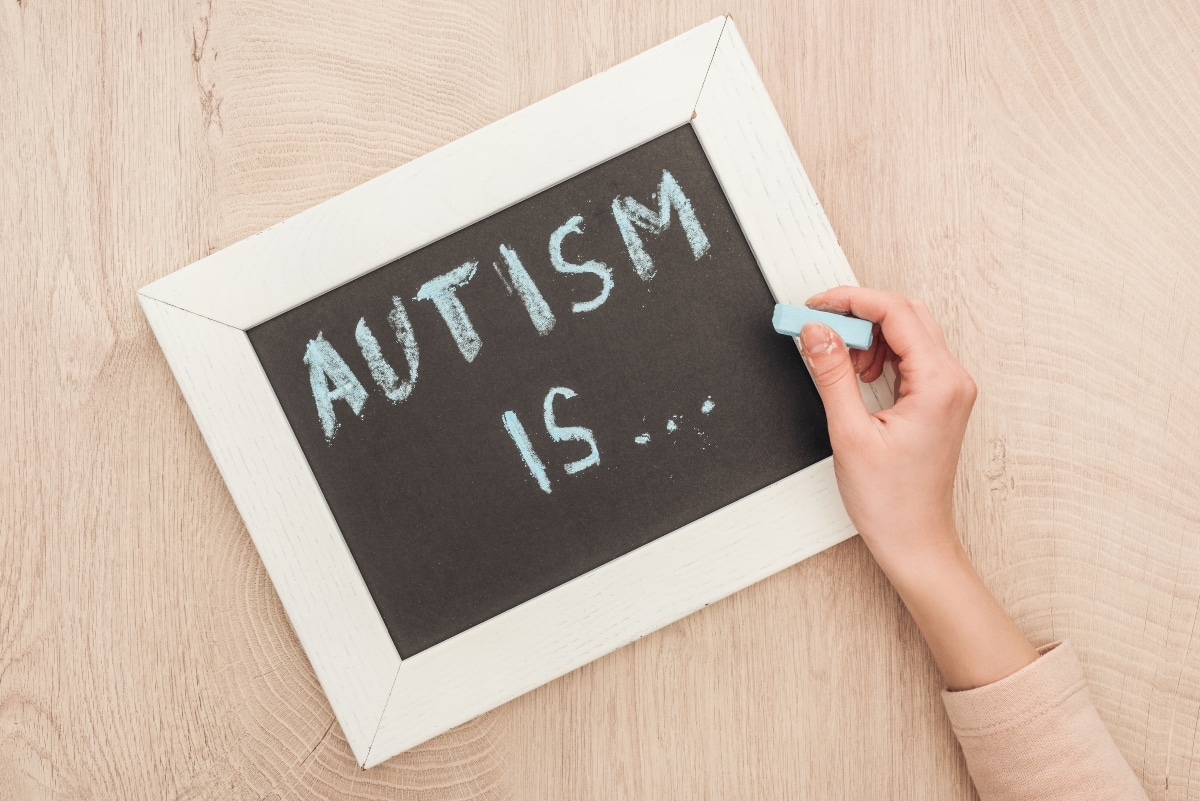How Does Autism Affect the Brain? - An In-Depth Exploration
- Updated:

Autism Spectrum Disorder (ASD) is a complex neurodevelopmental condition that affects individuals in a multitude of ways. This article aims to delve deeper into the intricacies of how autism affects the brain, providing a comprehensive understanding of the subject.
Autism: A Spectrum of Unique Experiences
Autism is a spectrum disorder, meaning that it manifests differently in every individual. Some people with autism may struggle with social interactions and communication, while others may excel in areas such as mathematics or music. This diversity in experiences is largely due to the unique ways in which autism affects the brain.
Part of this diversity includes autism fixation, where individuals may have intense interests or preoccupations. These fixations, reflecting the unique neurological wiring in autism, can influence learning and social interactions, underscoring the spectrum nature of ASD.
The Neurological Impact of Autism
Research has shown that autism can impact various aspects of brain development and function. For instance, certain areas of the brain may develop more slowly in individuals with autism. These include regions associated with social cognition, face processing, and perceptual reasoning. This slowed development can contribute to the challenges some individuals with autism face when interpreting social cues or understanding complex concepts.
Conversely, some parts of the brain may develop more rapidly in individuals with autism. For example, the hippocampus, a region involved in memory and spatial navigation, has been found to grow more quickly in children with autism than in their neurotypical peers. While autism has distinct neurological markers, it’s important to differentiate it from other neurodevelopmental disorders. For example, distinguishing BPD vs. autism is crucial for accurate diagnosis and treatment, as both conditions can exhibit overlapping behavioral traits but require different therapeutic approaches.
Sensory Processing and Autism
One of the most significant ways autism affects the brain is through sensory processing. Many individuals with autism have difficulty interpreting sensory information, which can lead to feelings of confusion and anxiety. This difficulty can also contribute to a need for routines and rituals, as familiar patterns can provide a sense of security amidst the chaos of misinterpreted sensory signals.
Moreover, this sensory processing challenge can make it difficult for individuals with autism to understand social cues, leading to potentially awkward social situations. However, it’s important to note that these challenges are not indicative of a lack of intelligence, but rather a different way of processing information. This altered sensory processing can also impact dietary preferences and eating habits, leading to conditions like ARFID and autism. Understanding the link between sensory sensitivities and eating disorders is essential in addressing the comprehensive needs of individuals with ASD.
Brain Structure and Autism
Recent advancements in neuroimaging have allowed researchers to observe differences in the brain structures of individuals with autism. For instance, people with autism often have an enlarged amygdala and hippocampus, areas associated with emotion processing. Additionally, the corpus callosum, which connects the two hemispheres of the brain, is typically smaller in individuals with autism.
Furthermore, there are more neurons in the prefrontal cortex, a region linked to emotions, in individuals with autism. There is also a higher prevalence of glia cells, which provide support to neurons, in the brains of people with autism.
One study demonstrated that infections during pregnancy can increase the risk of offspring developing Autism, among other disorders, and implicated interleukin-6 (IL-6) as a causal agent. This study manipulated the maternal immune system at mid-gestation, which affects the stem cells and progenitors in both the primary and secondary germinal matrices.
The researchers found that a transient increase in IL-6 decreased neurogenesis in the dentate gyrus of the dorsal hippocampus, reduced astrogliogenesis in the prefrontal cortex and amygdala, and decreased oligodendrogenesis in the body and splenium of the corpus callosum by approximately 50%. These changes in the brain structure were associated with behavioral changes typically seen in neurodevelopmental disorders, including autism.
Autism and Sensory Processing Disorder
Many individuals with autism also have Sensory Processing Disorder (SPD), a condition where the brain doesn’t process sensations like touch, temperature, and sound in the same way as it typically would. While SPD can be challenging to diagnose, it can be managed with therapy or medication.
Sensory Processing Disorders (SPDs) are characterized by difficulties in detecting, modulating, interpreting, and/or responding to sensory experiences. These disorders are common in individuals with Autism Spectrum Disorder (ASD) and other neurodevelopmental disorders. Therefore, it’s crucial to distinguish between typical and atypical functioning in sensory processes and to identify early markers for developing SPDs.
The Future of Autism Research
Despite the strides made in understanding how autism affects the brain, there is still much to learn. Future research will continue to explore the causes of autism and why it affects individuals differently. At Acera Health, we are committed to providing support and treatment for those on the autism spectrum, helping them navigate their unique challenges and enhance their quality of life.
Inquire About Our Adult Autism Program
Understanding how autism affects the brain is crucial in developing effective treatment strategies. Autism is a complex spectrum disorder, with each individual experiencing it in their own unique way. This complexity necessitates a personalized approach to treatment, one that Acera Health is uniquely positioned to provide. At Acera Health, we recognize the importance of distinguishing between various conditions, such as social anxiety vs. autism. By acknowledging the unique challenges and needs of each individual, we can tailor our interventions more effectively, ensuring a better quality of life for those on the spectrum.
As one of the only treatment centers in Orange County offering specialized autism treatment for adults, Acera Health is at the forefront of providing comprehensive, individualized care. Our dedicated team is committed to helping adults on the autism spectrum navigate their unique challenges and enhance their quality of life.
If you or a loved one is seeking support for autism, we encourage you to reach out to us. At Acera Health, we believe in the potential of every individual, and we are here to support you on your journey.
Share:
Related Resources

Autism Treatment near Los Angeles
Autism Treatmentnear Los Angeles The Path To Sound Mind, Body and Soul Call Now Verify Insurance For those in need of autism treatment and who




